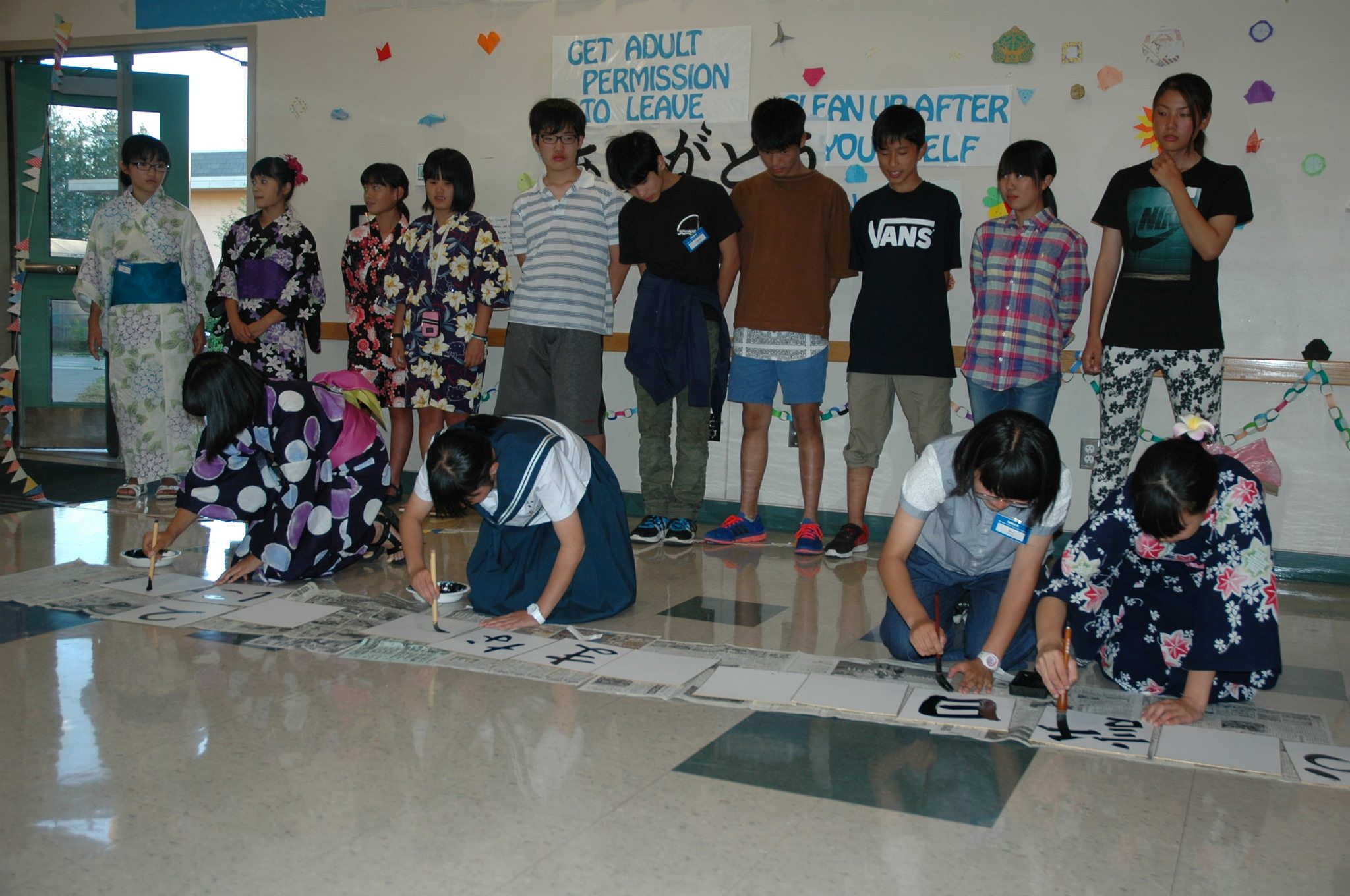ARLINGTON — The Japanese exchange students who visited Arlington this summer brought with them a perspective that was unique even for kids visiting a foreign country.
The 21 students who returned home Aug. 18, after four weeks in Arlington through Cultural Homestay International, hailed from the Kagoshima Prefecture of Japan, which includes Kyushu and a host of other islands. Some students came from islands with 7,000 inhabitants, while others live on islands with as few as 75.
It was just as eye-opening an experience for the students’ English teacher, Kazumi Hirayama, who’d traveled to Australia and England, but had never been to America.
One aspect that fascinated Hirayama’s students was its volunteer charity organizations, from churches to food banks.
“We don’t really have that as much in Japan,” Hirayama said. “I like that idea of giving and sharing. I think it comes from the American friendliness. You go outside here, and your neighbors say hello. You would not be so familiar in Japan.” Indeed, a few of Hirayama’s students expressed the desire to start food banks in their hometowns.
Hirayama also contrasted the lifestyles of Americans with those of her students.
“Some of the islands don’t have much more than a convenience store and a grocery store,” Hirayama said. “They definitely don’t have their own bowling alleys, like Arlington. Americans live so big. Everything is huge here, including the cars. My students think anyone who has more than one car must be rich. Even the land your houses are on is large.”
Some of the students enjoyed American food. Tatsuya, 15, liked Sour Patch Kids, while Miyu, 13, was struck by how much “comfort food” was offered in school lunches.
When asked to describe America, Tatsuya called it “exciting,” Kosei, 14, deemed it “fantastic,” and Miyu praised Americans as “kind.”







